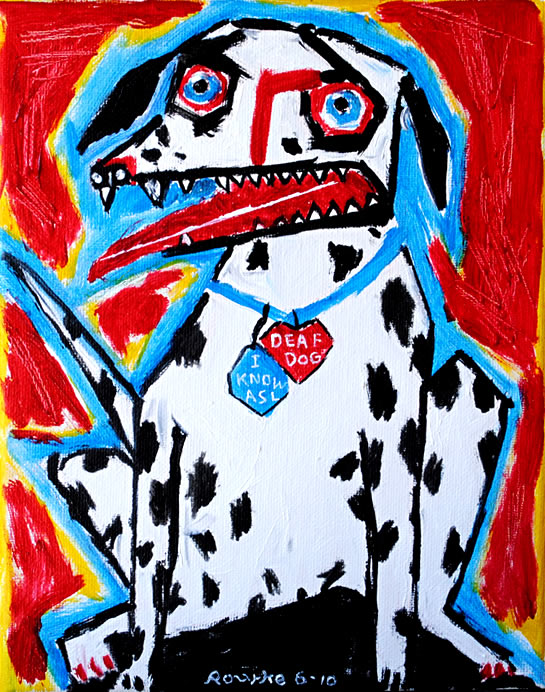
It's something that people with hearing ability experience a loss of being Deaf that comes with a package of benefits. On the contrary, the term 'Deafhood' underscores that Deaf people have a positive self-esteem to be Deaf.įor more information on Deafhood, see Deafhood Foundation Understanding Deaf Culture: In Search of Deafhood by Paddy Ladd.

The positive nature of Deafhood helps dispel the myth held by many hearing people that Deaf people have a 'medical problem' that needs to be 'medically monitored' 'improved-upon,' or 'cured.' They do not view their limited hearing as a 'problem' or as a 'medical concern' that needs attention. Those who embrace and celebrate their Deafhood see no reason for medical intervention or a medical 'fix' for their hearing loss. Therefore, the experience of Deafhood varies from person to person.ĭeafhood also refers to the collective experience (past, present and future) of members of the Deaf community. Deafhood is sometimes referred to as the 'life journey' of a deaf person. The experience and process of being Deaf.

have a strong, positive Deaf-identity and a sense of Deafhood. are entrenched in the Deaf culture (norms, traditions, beliefs, values and ways of being).

ASL, Auslan, etc.) as a primary language The terms mean different things to different societies: hearing society and Deaf society.ĭeaf (spelled with a capital D) means those people who: Terms that relate to Being Deaf and to those people who have a Deaf gain (the opposite of "hearing loss").


 0 kommentar(er)
0 kommentar(er)
